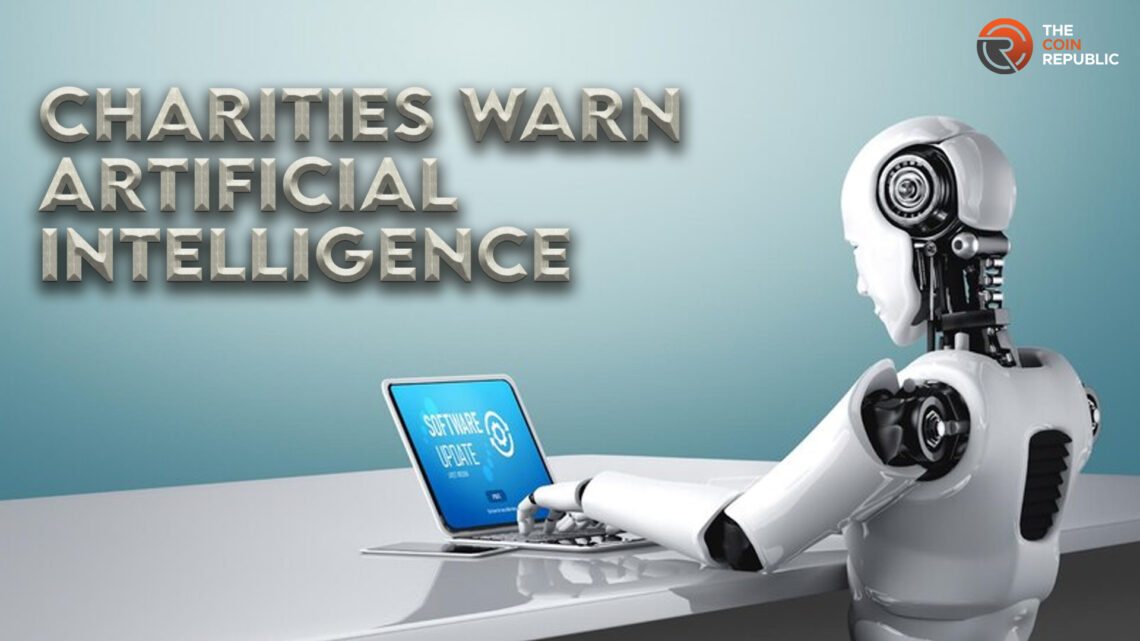- 1 Charity cautions against solely depending on artificial intelligence to solve inequality.
- 2 Understanding the history of the community and comprehensive design are highlighted as the main elements in the development of AI.
To increase the potential of AI, charities are searching for funds for their AI projects to develop services and fight misinformation. Charity leaders indicate the importance of considering the issue of inequality while including artificial intelligence in their operations.
The experts from different charitable organizations in a recent online panel discussion during NPC’s annual conference explored the potential and challenges linked with using AI for their charity. While considering the advantages of AI, the panel warns that depending merely on technology wouldn’t address the basic inequalities in data collection and analysis.
Inclusive Design of AI is Considered Important
The director of Europe at the Centre for Public Impact, Katie Rose, highlighted the need for knowledgeable inspection of how equity and oppression manifest in the design of AI. She stated that marginalized communities often find themselves eliminated from important discussions.
Rose also added that if the problem needs to be solved, then there should be a focused effort to reevaluate the existing power structures. She favored inclusive design teams in the development of AI software, emphasizing the importance of designers understanding the history of the community AI aims to serve.
Laura Hamzic, director of digital communications at Brook, has put forward the same views by stating the importance of digital leadership. Laura emphasizes the importance of helping staff understand AI better to overcome the fear relating to this new technology.
At the start of its AI journey, Brook is actively searching for its AI projects. The organization visualizes using AI to develop access to sexual health services, fight misinformation, and implement an AI chatbot for user consultations.
Laura Hamzic shows hope that AI could identify areas for service delivery improvement. While discussing the utilization of AI, Laura highlighted the importance of the technology by considering that it enables the identification of unanswered questions within their model. This process presents a chance for learning and improvement in the context of AI.
Neil Giles, Director of Intelligence and founder of the Traffik Analysis Hub at Stop the Traffik, also shared his views regarding this and praised the charity’s success in using AI to build a huge database capturing lived experiences of human trafficking.
He also highlighted the financial challenges related to maintaining and upgrading the system and expressed the need for continuous investment in training models to enhance the capabilities of AI platforms.
The charities are struggling with the developing and changing landscape of AI integration but the message is clear that technology alone is not a remedy for addressing social inequalities.
It needs a calculative approach that includes inclusive design, investment, and digital leadership to fully tackle the strength of AI in the charitable sector.

With a background in journalism, Ritika Sharma has worked with many reputed media firms focusing on general news such as politics and crime. She joined The Coin Republic as a reporter for crypto, and found a great passion for cryptocurrency, Web3, NFTs and other digital assets. She spends a lot of time researching and delving deeper into these concepts around the clock, and is a strong advocate for women in STEM.


 Home
Home News
News






